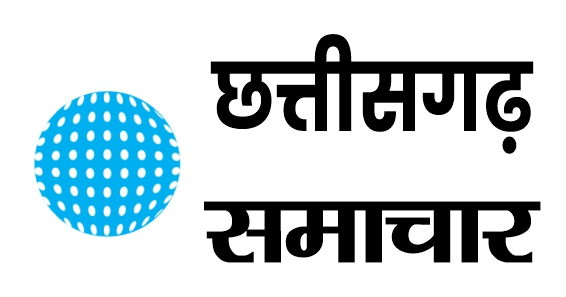Delhi- Reacting to a later incident where pictures of college understudies were posted on porn sites after being lifted from photo and video sharing platform Instagram, the Delhi High Court has said that Facebook, which also owns Instagram, may need to “review and sharpen” its protection approach.
Justice Anup Jairam Bhambhani said that whereas no relief may have been sought against Facebook by the victim, who has approached the court for removal of the offending substance from the Web, the company remains a legitimate party to the display proceedings. This, the court said, was essential for Facebook to “ensure that offending substance just like the subject matter of the present proceedings does not drop within the hands of wrongdoers”.
The court’s comment came after Facebook said it was “merely a pro-forma party and may in like manner be released from this matter” as the irritating substance has as of now been removed by Facebook from its platform.
Senior advocate Mukul Rohatgi, appearing for Facebook, said the victim has deactivated her Facebook account to which no relief was sought against Facebook in her petition.
“We work in 150 nations within the world. So we can’t act like a worldwide policemen on each account. We are only a platform,” Mr. Rohtagi said, including that Facebook will remove any substance when requested by the court without contest. The victim, a college student in Bangalore, in her complaint recorded through advocate Sarthak Maggon expressed that her pictures posted on ‘Instagram’ and ‘Facebook’, were mischievously and wrongfully lifted and transferred on a pornographic site, together with defamatory captions. DCP, CyPAD, Anyesh Roy had expressed in a past hearing that there are other students within the college, whose individual substance has too been wrongfully reposted, and investigation in too going on in Bangalore.
Justice Bhambhani has chosen to extend the scope of the petition to advance a set of steps counting “what directions are required to be passed by a court and to which parties”, and the measures law enforcement agencies ought to attempt. “…So as to create a court order effective, and implementable, so that in spite of court orders, offending substance does not stay accessible on the World Wide Web at the occurrence of wrongdoers and errant parties don’t succeed in brazenly avoiding compliance of such orders with impunity,” the High Court said.
ABHISHEK KUMAR@samacharline









